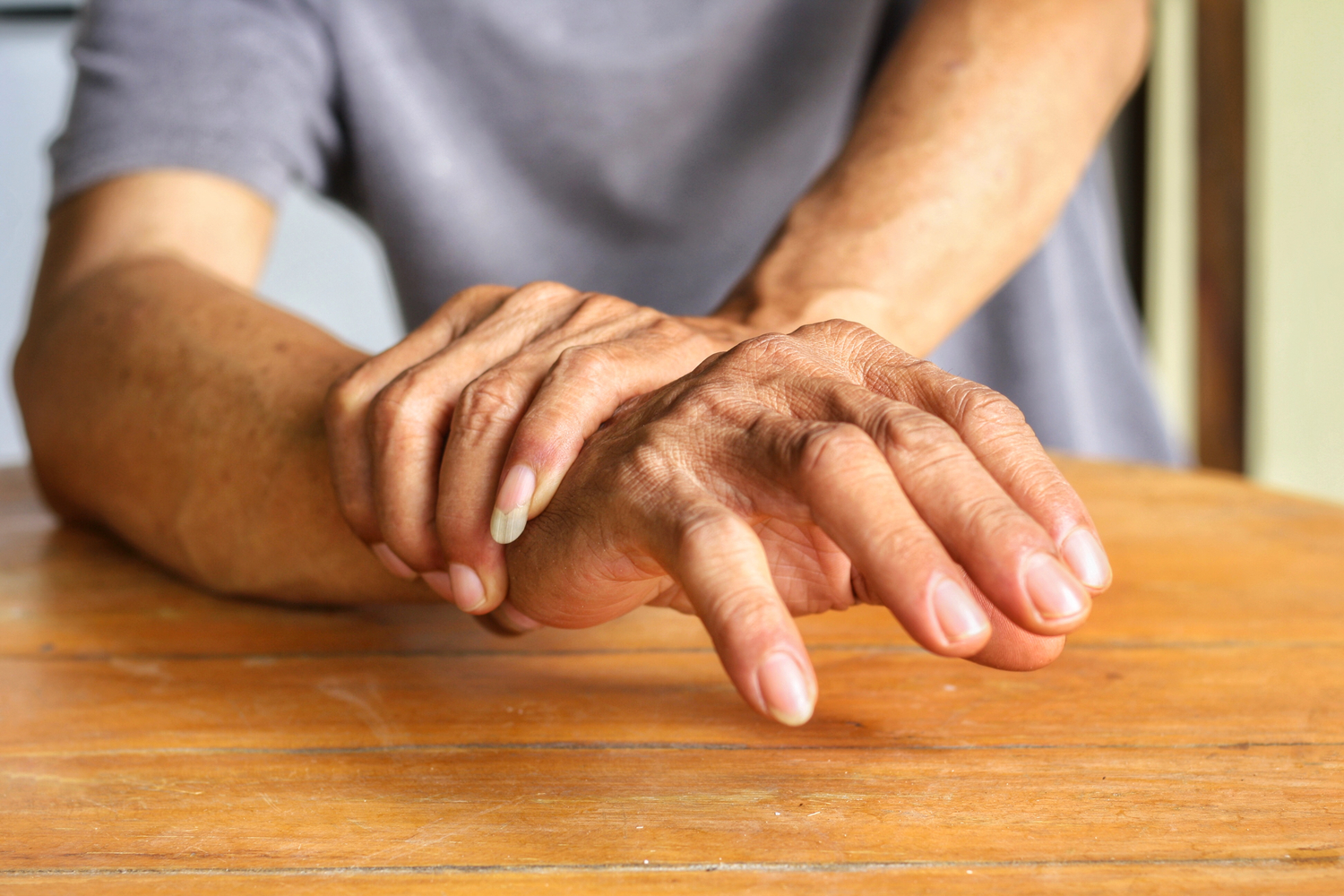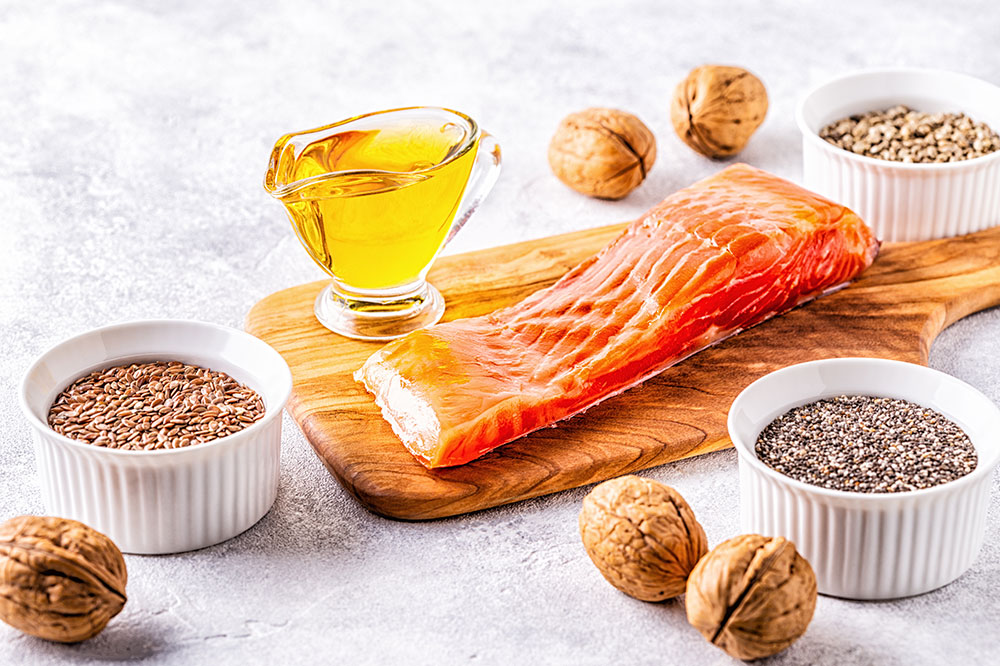Comprehensive Lifestyle Strategies to Effectively Manage Psoriatic Arthritis Symptoms
Discover comprehensive lifestyle strategies for managing psoriatic arthritis. From adopting anti-inflammatory diets and engaging in low-impact exercise to proper self-care practices, this guide offers practical tips to reduce symptoms and improve quality of life. Learn how lifestyle adjustments can complement medication and help manage this autoimmune condition effectively.

Comprehensive Lifestyle Strategies to Effectively Manage Psoriatic Arthritis Symptoms
Effective management of psoriatic arthritis through lifestyle adjustments
Psoriatic arthritis (PsA) is a complex autoimmune disease characterized by inflammation of the joints and skin. It affects approximately 30% of individuals living with psoriasis, manifesting as joint swelling, stiffness, pain, and skin lesions. While genetic predisposition and environmental factors play roles in its development, the exact cause remains elusive. Chronic and progressive, PsA can substantially diminish quality of life if not managed properly. Fortunately, alongside medical treatment, adopting specific lifestyle modifications can significantly alleviate symptoms, reduce flare-ups, and improve overall well-being. Here, we delve into various practical strategies to help those living with psoriatic arthritis lead healthier, more comfortable lives.
Stay Active with Low-Impact Exercise – Regular physical activity is vital for maintaining joint function and mobility. Engaging in low-impact activities such as swimming, walking, or cycling can strengthen muscles around affected joints, improve flexibility, and reduce stiffness without exerting excessive stress on the joints. Consult with healthcare providers or physical therapists to develop a tailored exercise routine that aligns with your condition and personal capabilities.
Adopt a Heart-Healthy, Anti-Inflammatory Diet – Nutrition plays a crucial role in managing inflammation associated with psoriatic arthritis. Emphasize a diet rich in anti-inflammatory foods, such as omega-3 fatty acids found in oily fish like salmon, mackerel, and sardines. Incorporate a variety of leafy greens, colorful vegetables, and whole grains to modulate immune responses and reduce joint swelling. Limit consumption of saturated fats, red meats, processed foods, and refined sugars, which can exacerbate inflammation. Staying hydrated and maintaining a balanced diet supports overall health and can help mitigate disease flare-ups.
Avoid Smoking and Excessive Alcohol Intake – Smoking has been linked to reduced responsiveness to medications and increased severity of psoriatic symptoms. It also contributes to systemic inflammation, worsening joint and skin issues. Similarly, excessive alcohol can interfere with medication efficacy and impair immune function. Quitting smoking and moderating alcohol consumption are essential steps in comprehensive disease management and can lead to better treatment outcomes.
Start Your Day with Warm Showers – Morning stiffness and joint discomfort are common in psoriatic arthritis. Taking a warm shower or bath shortly after waking helps relax stiff muscles, improve circulation, and alleviate joint pain. Using water therapy can be a soothing and effective way to prepare your joints for daily activities.
Integrate Anti-Inflammatory Foods into Your Diet – Beyond fish and vegetables, spices such as turmeric possess significant anti-inflammatory and antioxidant properties. Adding turmeric to meals or consuming turmeric supplements can help control flare-ups and reduce joint discomfort. Always consult your healthcare provider before starting new supplements.
Select Supportive Accessories and Ergonomics – Choosing the right accessories, like lightweight, ergonomic bags or cross-body styles, can minimize joint strain. Proper ergonomic setups at work and home—such as supportive chairs, adjustable desks, or cushioned grips—reduce undue stress on joints and improve posture.
Maintain Proper Posture – Good posture is fundamental in preventing additional joint stress and preserving musculoskeletal health. Avoid slouching, keep your back straight, and practice ergonomic principles to support spine alignment and reduce discomfort during daily tasks.
Essential Self-Care Tips for Managing Chronic Joint Pain
Focus on Inflammation Reduction – Incorporate foods high in omega-3 fatty acids, such as oily fish (salmon, mackerel, sardines), flaxseeds, and walnuts. Consuming ample leafy greens, colorful vegetables, and whole grains supports anti-inflammatory pathways, helping to manage joint swelling and stiffness.
Utilize Topical Pain Relief Methods – For localized joint pain, topical treatments containing capsaicin, salicylates, or menthol can provide localized relief. These remedies can soothe surface-level pain but should be used responsibly and under medical guidance to avoid adverse reactions.
Apply Heat and Cold Therapy – Warm compresses or soaking in warm baths relax tense muscles, ease stiffness, and improve circulation. Cold packs, on the other hand, help reduce swelling, inflammation, and pain after activity or during flare-ups. Alternating between heat and cold therapies can maximize symptom relief.
Prioritize Restful Sleep – Adequate sleep is vital for immune regulation, tissue repair, and overall health. Establishing a regular sleep routine, using a supportive mattress, and creating a calming bedtime environment can reduce fatigue and improve pain tolerance.
Emphasizing a well-rounded approach that combines a nutritious diet, gentle exercise, proper rest, and mindful self-care practices can substantially ease psoriatic arthritis symptoms. While managing a chronic condition can be challenging, these lifestyle modifications empower individuals to take control of their health, reduce flare-ups, and enhance their quality of life.





